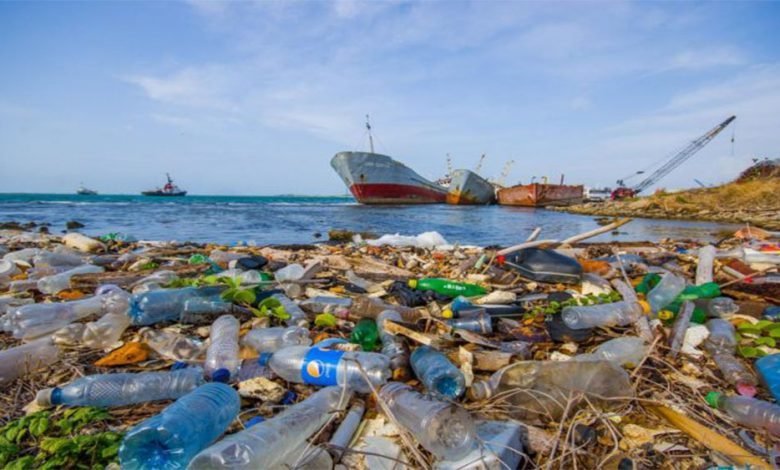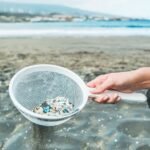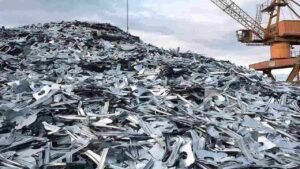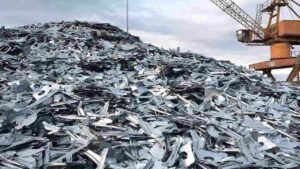India and Germany have collaborated to create an efficient system that ensures no waste enters rivers or seas. The project will be implemented for three and a half years in the selected states (Uttar Pradesh Islands, Kerala, Andaman Nicobar Islands) and cities of Kanpur, Kochi and Port Blair and will aim at strengthening plastic accumulation practice in oceans that adversely affect marine ecosystems.
The bodies actively engaged in the collaboration were Deutsche Gesellschaft für Internationale Zusammenarbeit (GIZ) GmbH, India on behalf of the German Federal Ministry of Environment, Nature Conservation and Nuclear Safety and the Ministry of Housing and Urban Affairs (MoHUA), Government of India.
The agreement was signed over a virtual ceremony, and is expected to proceed as a Technical Cooperation under the title ‘Cities Combating Plastic Entering the Marine Environment’.
Addressing the importance of the agreement, Shri Durga Shanker Mishra, Secretary of MoHUA said "2021 marks 63 years of fruitful development cooperation between our two countries. It gives me great pleasure to kickstart this new endeavour with our German partner. The project’s outcomes are completely in line with the objectives of Swachh Bharat Mission-Urban focusing on sustainable solid waste management and Hon’ble Prime Minister’s vision to phase out single-use plastic by 2022.”
Marine litters have posed a serious threat to the endangered habitats and caused a detrimental impact on fisheries and tourism worldwide. Besides its negative economic impact, it also affects public health, as microplastics and particulate matter are finding their way into the food chain creating serious concerns.
Recently, the amount of plastic waste produced by the production and use of sustainable synthetic materials in our ocean and marine environments has concerned the public and policy-makers alike.
15-20% of all plastics are expected to reach the oceans through river ecosystems, of which 90% by ten of the most polluting rivers of the globe. The Ganga and the Brahmaputra are two of these river systems in India.
Although precise data on plastic waste and marine waste in particular for most parts of the country are largely unavailable, the project will support the implementation of the Swachh Bharat Mission – Urban with special emphasis on preventing waste of plastics from entering the rivers and water bodies at the source.
In this regard, cities will be able to enhance the collection, separation and marketing of plastic waste, prevent plastic waste from being disposed of in water bodies and improve the handling of maritime and port waste.
Through a digital platform, this will be combined with data management and reporting systems, civil society involvement, and increased cooperation with recyclers and the recycling industry. Which is supposed to encourage communities to enhance waste segregation, collection, storage, treatment, and disposal, resulting in an effective system that ensures no waste ends up in rivers or oceans.






Leave a reply